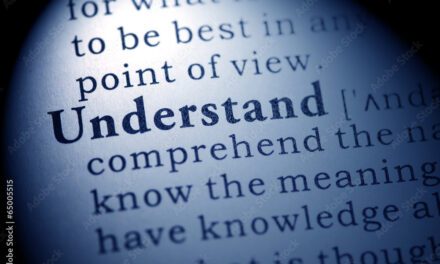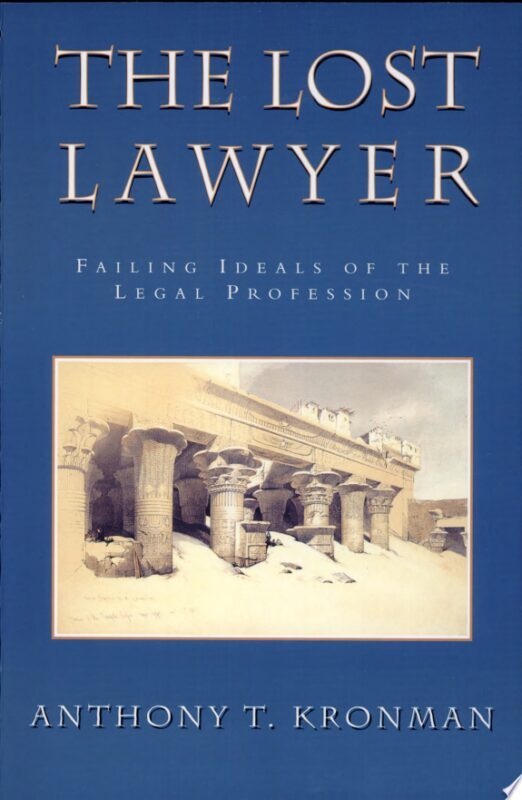FUNDAMENTAL PRINCIPLES OF INSURANCE CLAIM HANDLING/ADJUSTING/EXAMINING
Michael Sean Quinn*
To a considerable degree, if not almost universally among knowledgeable and reasonable insurance companies, the principles on the following are deeply part the intra-regulation process for adjusters; they are used by various insurance companies to judge the performance of other. I have met only one person in the insurance industry who rejected any of them, and he was an opposing witness a litigation matter who had never really been part of the adjustment sector of the industry, or really any of it (much); indeed, his principal role in the industry had been that of a commissioner in obscure place, and all he said was that the principle he rejected was “Quinn’s brain child,” and he impliedly admitted that “brain child” is an ambiguous phrase which refers either to vocabulary (and therefore formulation) or to how an idea of imagined and either case, his “observation” was consistent with my representations as to the principle might well true. (At the same time, they can be thought of by some in a different way namely, as ideals and not just regulations demanding excellence. The second way of thinking does not take seriously the “special relationship” that is often required by state law, e.g., Texas.)
- LOOK FOR COVERAGE. These words are all “in-caps” for a reasons. (1) Under no circumstances is it permissible to simply look for ways to deny coverage. (2) Adjusters must actually try to find maximal coverage within the claim. (3) Claims handlers are not obligated to try and find coverages outside the claim, broadly construed. There are four “directions” for looking for coverage: vertical, horizontal, semantic, and behavioral.
- Insurers are obligated to treat the interests of their insured as at least equal to their own. This is called the “special relationship.” In a case like this one, the insurer must treat their interest of the policyholder as superior to (or on top of) their own, since coverage can be denied only if there is overwhelming evidence supporting denial or rescission.
- Every insurer in adjusting every claim must look for coverage. In a case like this one, that would require the adjuster to try and think of ways in which there would be coverage. That proposition is especially true in the light of the internal rules governing adjuster conduct. Looking for coverage may be vertical (look deeper into the insured claim), horizontal (look for related, connected covered claims), policy oriented (look carefully at coverage and exclusion language to see if there are reasonable ways to grant coverage. )This bullet point and the one to immediately follow have been grouped together–instead of being double spaced–because they are so closely linked.)
- Resolve uneliminable, and consciously nagging doubts in favor of the insured. (This one is closely connected to the last one. (There are much stronger version of this, e.g., when exclusions or negative and applicable conditions require overwhelming evidence. If any of these principles are subject to controversy it is part of this one, and it is not to be controverted when the policy or the company’s adjustment manual requires overwhelming evidence.)
- In handling a claim, an insurer has a duty to be reasonable in all ways, at all times, with any claimant, with every claim and any component of any claim.
- In handling a claim, the adjuster is required to know and understand the policy at issue, the application(s) which are attached to and in some policies said to be part of the policy, the questions and answers in those applications, the legal requirements for denying a claim, the applicable internal guidelines (aka internal rules of adjustment), and the evidence presented, which would included medical records.
- Adjusters are always required to know the applicable law of the relevant jurisdiction. In virtually all states, insurance law requires that all ambiguities in insurance policies (including applications for coverage included in the policies or attached threto) be construed in favor of the insured.
- Adjusters must understand and act only in accordance with the principal logical process for denying claims, and never its opposite. In a case like this, industry practice is that a claim can correctly and reasonably be denied only if based on correctly gathered evidence, proper evaluation, policy language, proper grasp of the application (whether questions or answers), statements of physicians or the agents of the insurer, recognized fundamental principles, company guideline rules, and state law.
- Another acceptable principle in the area of life insurance at least, is, when surrounded by all the others, is that denial is permitted because of deliberate falsity in the application only if the policy would not have been issued by the company, given all the evidence collected by otherwise acceptable means. Notice that this principle can make some underwriters into adjusters for individual case. (Of course, this logic may apply to all kinds of insurance, but it appears to be most explicitly employed in the areas of life insurance.)
- All reasonable insurance adjusting and adjustment standards require satisfactory and therefore comprehensive, objective empirical investigations, evidence gathering, objectivity, without bias of any sort, but with a thorough understanding of the risks actually undertaken in the policy at issue. In addition to this adjusters are required to apply logical (deductive and inductive) inferences in reasonable ways. Sometimes this involves investigating the mental state of an insured; sometimes not.
- All adjusters of a given company are required to know the relevant guidelines of their company, i.e., guidelines for the handling of claims.
- All insurers are required to “insure” by some means, e.g.,, seminars, workshops, explicit use by motors and supervisors, etc., that their adjusters know, understand, remember, and routinely apply the rules contained in the guidelines.
- In general, an insurer’s guidelines are not simply abstract ideas, helpful principles, aspirational formulae, important hints, or mere suggestions. They are rules, commands, internal business ordinances, or something like intra-company statutes governing adjustment conduct in relevant states. This would include instances of adjusting life insurance claims, of course.
- Judging the reasonableness of an insurer’s adjustment process is influenced positively by observance of the claim processing guidelines of the insurer, so long as they are reasonable. In other words, if a carrier’s guidelines are above the usually accepted standard, it is customary in the industry that an insurer be judged by its own standards. Insurers and insurance adjusters often think of each claim as being uniques.
- Thus, if a company’s guideline is that a given type of claim cannot be denied for anything less than overwhelming evidence, then that is the standard of reasonableness for that company. (it is interesting to ponder what a question for the jury will look like. Perhaps this: “Do you find from a preponderance of the evidence that the the insurer denied the claim of the insured on less than overwhelming evidence?”
- All insurance companies in many states are required to have sound and reasonable guidelines (or something like them), and guidelines are a key to understanding and evaluating an insurer’s claim performance. It is generally understood in the industry that this is part of why they are required. They are also required to induce reasonable adjustment conduct and decisions.
- With regard to the last principle, if an insurer and/or an insurer’s adjuster fails to act in accordance with the principle of having and following reasonable guidelines, the insurer and/or its adjuster has behaved in an unreasonable, below standard, and unsatisfactory manner.
- It is universally recognized by the knowledgeable that substantial, serious deviation from one or more of these fundamental principles can and often does constitute insurer bad faith.
*Michael Sean QuinnQuinn and Quinn
1300 West Lynn Suite 208
Austin, TX 78703
Office Phone: 512-296-2594
Cell:512-656-0503
Fax: 512-344-9466
Email: mquinn@msqlaw.com






Recent Comments